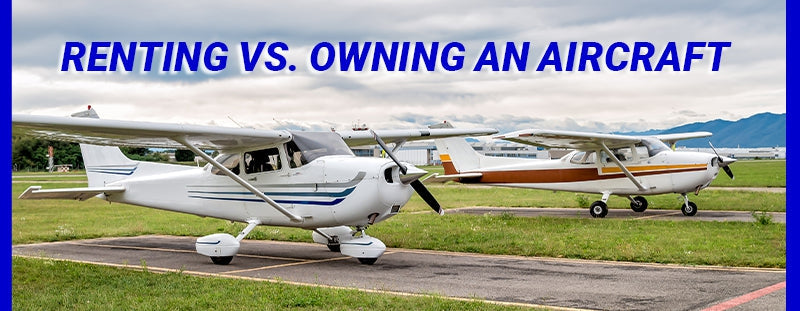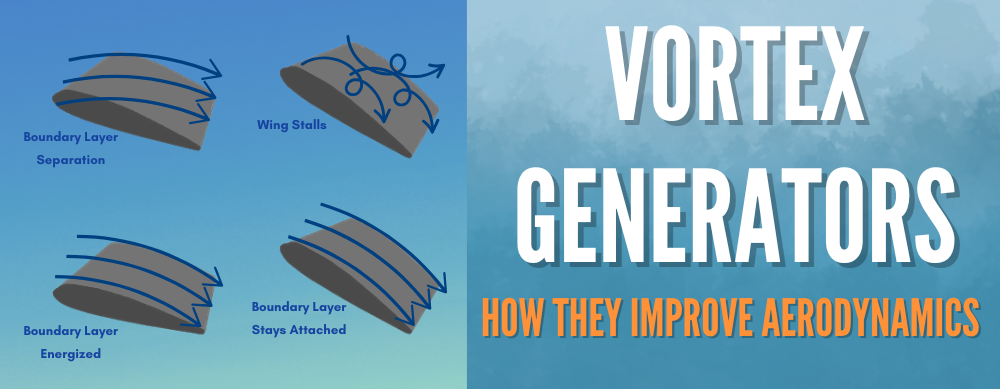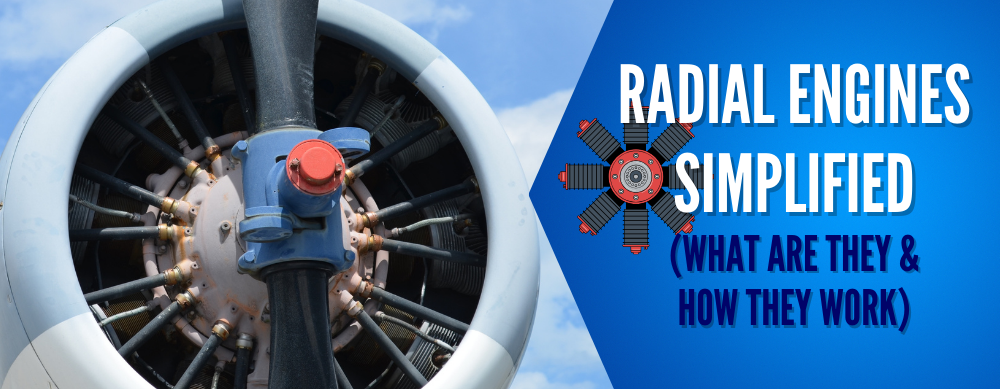The decision to rent or own an aircraft is a complex one that requires a thorough understanding of the pros and cons of each option.
This blog post will provide a comprehensive comparison of the benefits and drawbacks of renting and owning an aircraft, with a focus on the key factors that should be considered when making this decision.
 Pros and Cons of Renting a Plane
Pros and Cons of Renting a Plane
Pros
- Flexibility: Renting an aircraft allows you to choose the right aircraft for each trip, without the long-term commitment of ownership.
- Cost savings: Renting avoids upfront costs of buying and maintaining an aircraft, as well as saving on storage, insurance and pilot training costs.
- Lack of maintenance responsibilities: The maintenance of the aircraft is the responsibility of the rental company or flight school, allowing the renter to avoid the time, cost and stress of dealing with aircraft maintenance.
- Reduced risk: Renting eliminates the risk of the aircraft becoming obsolete or losing value over time, as the rental company bears these risks.
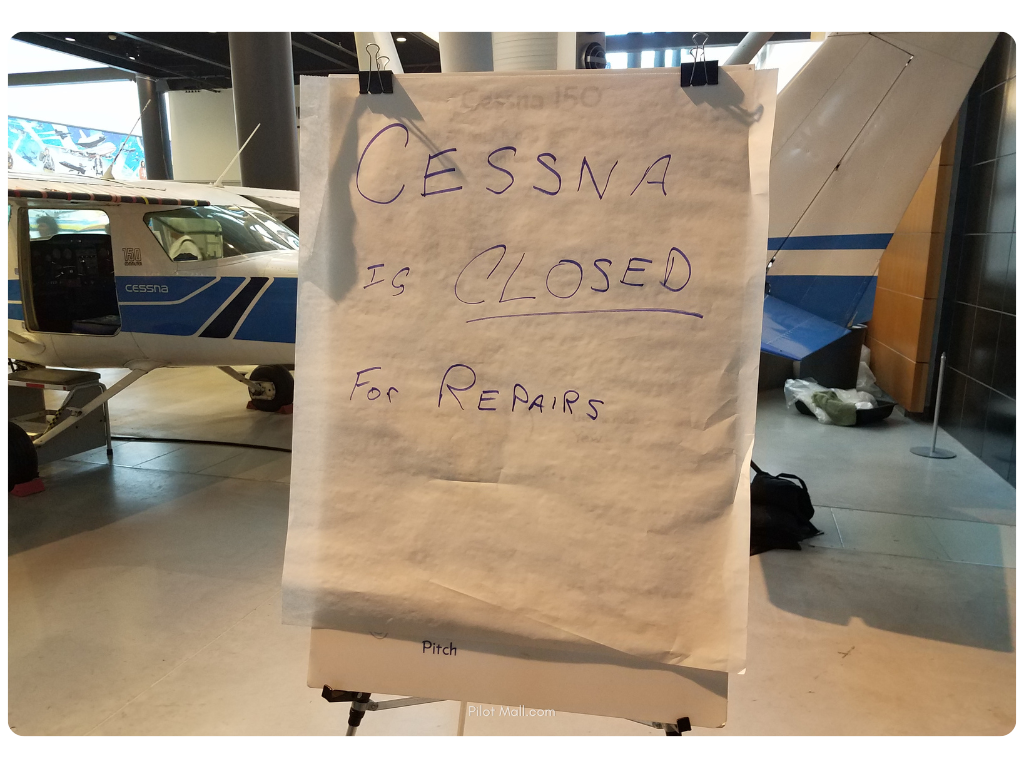 Cons
Cons
- Recurring costs: Renting an aircraft incurs ongoing costs, which can add up over time.
- Lack of customization: Renting an aircraft typically means using an aircraft that is not tailored to the renter's specific needs, as customization is not an option.
- Availability: Availability of the desired aircraft may be limited, and the renter may have to compromise on the type of aircraft they would like to use.
- Dependence on rental company: The renter is dependent on the rental company to provide the aircraft and maintain it, which can be problematic if the rental company is unreliable.
 Pros and Cons of Buying Your Own Plane
Pros and Cons of Buying Your Own Plane
Pros
- Customization: Owners have the option to customize their aircraft to meet their specific needs.
- Cost savings in the long run: Although owning an aircraft has high upfront costs, owning an aircraft can be cost-effective in the long run if the aircraft is used frequently.
- Increased availability: Owning an aircraft ensures that the aircraft is always available for use, without having to rely on the availability of rental aircraft.
- Potential for rental income: Owning an aircraft can generate rental income when the aircraft is not being used, which can offset the cost of ownership.
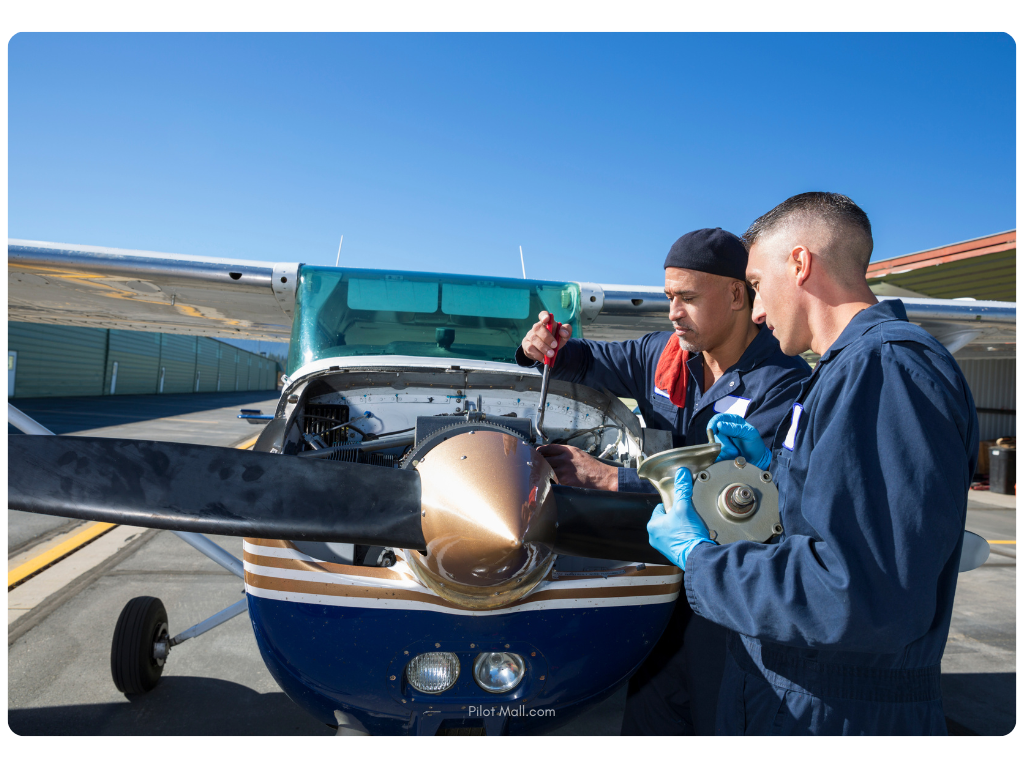 Cons
Cons
- Upfront costs: Owning an aircraft requires a significant upfront investment, including the cost of the aircraft, maintenance, insurance and storage.
- Maintenance responsibilities: The owner is responsible for maintaining the aircraft, which can be time-consuming and expensive.
- Depreciation: The value of an aircraft decreases over time, which can result in a loss of value for the owner.
Takeaway
In conclusion, the decision to rent or own an aircraft depends on a number of factors, including the frequency of use, budget, and personal preferences.
Renting is a good option for those who only fly occasionally or who prefer not to deal with the responsibilities of aircraft ownership, while owning is a good option for those who fly frequently and who want the flexibility and customization that comes with ownership.
Want to know more about plane ownership?
We have several guides to help you get on the right track!
Did you find this article helpful?
Do you think we missed anything important? Let us know in the comments below!

